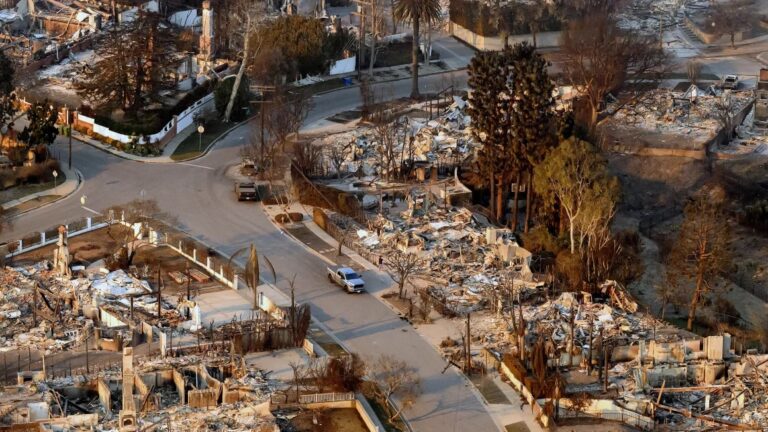Do Free Speech and Moral Accountability Still Exist in Today’s Hyperconnected World?
While cultural platforms can amplify urgent causes like Gaza, the censorship of artists and media personalities reveals a deeper hypocrisy in how society tolerates — or silences — voices depending on which political narrative they support. From a sold-out Wembley concert for Gaza to the controversy surrounding Charlie Kirk’s death, recent events highlight the stark contrasts in how free speech, activism and cultural commentary are policed in today’s public sphere.
Gaza in the Cultural Spotlight
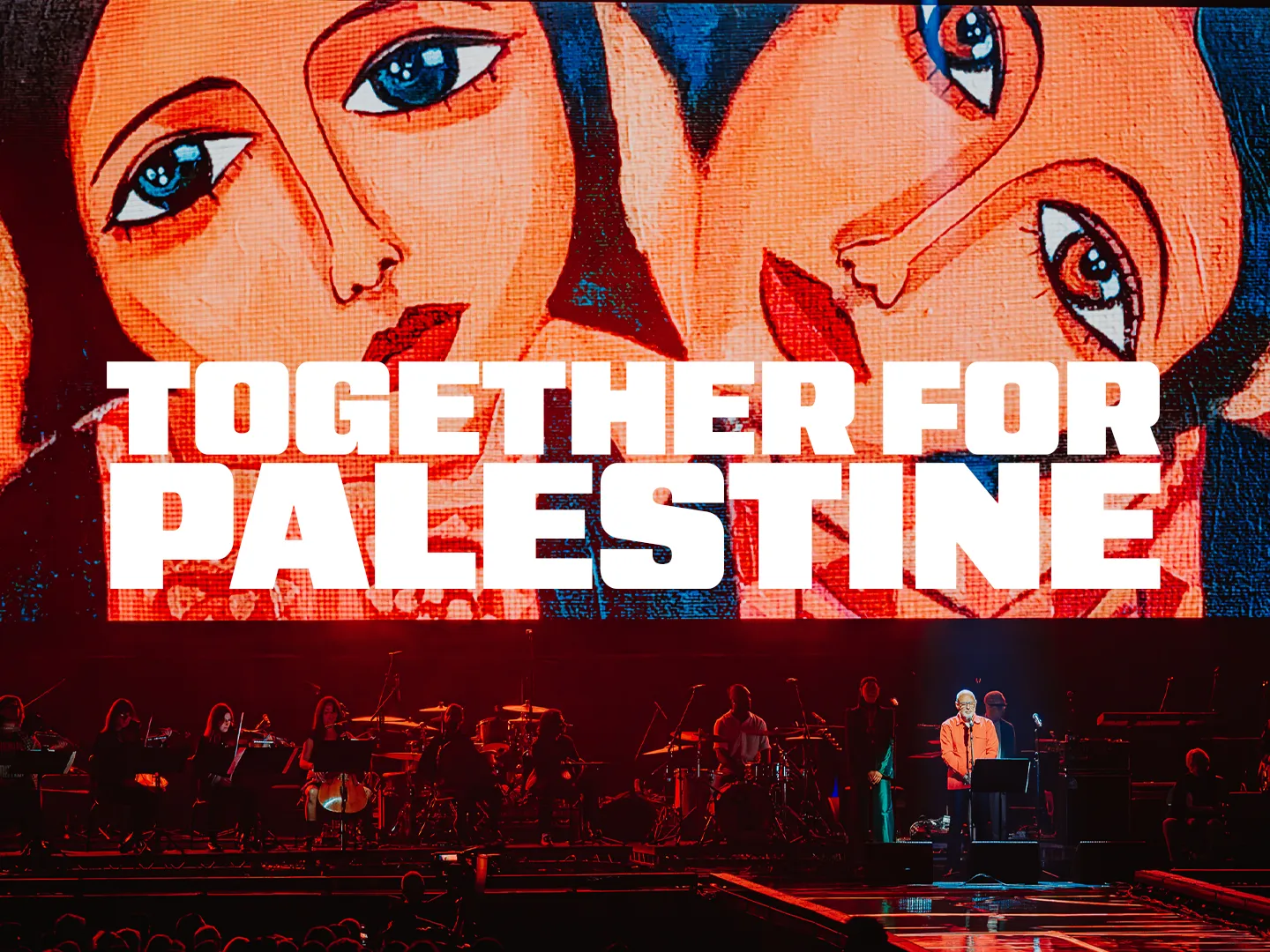
On 17 September 2025, London’s OVO Arena Wembley hosted the “Together for Palestine” concert, a sold-out event that raised over GBP 1.5 million (approximately USD 1.9 million) for humanitarian relief in Gaza. Organised by Brian Eno and Palestinian artist Malak Mattar, the four-hour event featured over 69 artists, speakers and activists before an audience of 12,500 people. The line-up included musicians such as Damon Albarn, Bastille, PinkPantheress and Hot Chip, alongside actors Benedict Cumberbatch, Florence Pugh, Guy Pearce and Ramy Youssef. Ticket sales — which sold out in two hours — raised approximately GBP 500,000, with additional fundraising from merchandise designed by Ayham Hassan, Bella Freud, Katherine Hamnett and Priya Ahluwalia. By the end of the evening, total funds raised had reached GBP 1.5 million. The artistic director was Palestinian artist Malak Mattar, with Palestinian performers including Adnan Joubran, El Far3i and Nai Barghouti. Journalist Yara Eid addressed the crowd on the 270 journalists killed in Gaza, while pianist Faraj Suleiman and singer Nai Barghouti performed to a strong reception.
While the event exemplified how artists and communities within the arts and culture industries can unite to authentically serve humanitarian needs, providing a platform for marginalised voices and fostering global awareness and support, this comes nearly two years after 7 October 2023 — with the Palestinian death toll in Gaza now over 65,000 and more than 145,000 injured. It highlights how — while the cultural barometer may shift — life on the ground for those affected in Gaza remains defined by devastation, displacement and uncertainty.
The Double Standard of Free Speech
However, the celebration of Palestinian culture and activism stands in stark contrast to the silencing and censorship faced by those who express support for Palestine. In London, a Banksy mural that appeared on the external wall of the Queen’s Building within the Royal Courts of Justice was swiftly removed. The image — which depicted a judge in wig and gown striking a protester holding a blood-spattered placard — was confirmed by Banksy himself in an Instagram post before being concealed, guarded by security and later scrubbed away. HM Courts & Tribunals Service justified its removal by citing the listed status of the building, which legally obliges the preservation of its character. Yet its erasure came after interpretations linked the work to recent pro-Palestinian protests, including the arrest of hundreds for displaying placards in support of Palestine Action, a group banned as a terrorist organisation in July 2024 after damaging RAF planes.
Banksy’s history of highlighting Palestine — from his 2015 documentary works in Gaza to the Walled Off Hotel in Bethlehem, which he designed as a living critique of Israel’s separation barrier — underscores why this particular removal resonated as more than a matter of heritage protection. The fact that the mural was also reported as criminal damage — with police inquiries ongoing — only deepened concerns that political art critical of state authority faces swift suppression.
The removal serves as a stark reminder of the challenges faced by artists and public figures who speak out on Palestine. While Banksy’s mural was erased under the guise of preservation, the underlying message — justice, protest and state power — was deemed too controversial for public space. This selective application of free speech raises critical questions: Why is advocating for Palestinian rights treated as taboo, while other political stances — particularly right-wing ideologies — are mainstreamed? The inconsistency in how free speech is upheld suggests a deeper hypocrisy in societal tolerance.
Charlie Kirk’s Death and Political Exploitation
The recent assassination of conservative activist Charlie Kirk has been transformed from a moment of tragedy into a full-blown political theatre. His memorial service at State Farm Stadium in Arizona drew almost 100,000 mourners and yet the atmosphere was described as resembling less a sombre farewell than a megachurch revival or a Trump campaign rally. President Donald Trump took centre stage, hailing Kirk as a “martyr for American freedom” and “the greatest evangelist for American liberty,” while Vice President JD Vance, Secretary of State Marco Rubio and even Elon Musk lent their voices to canonising Kirk as both a political and spiritual figure.
Erika Kirk — his widow — delivered perhaps the most poignant speech of the night when she forgave her husband’s alleged killer — 22-year-old Tyler Robinson — declaring, “The answer to hate is not hate.” But her message of forgiveness was quickly overshadowed by Trump’s inflammatory rhetoric. Breaking with her call for grace, Trump admitted, “I hate my opponents and I don’t want the best for them,” turning a supposed memorial into another rallying cry against the “radical left.”
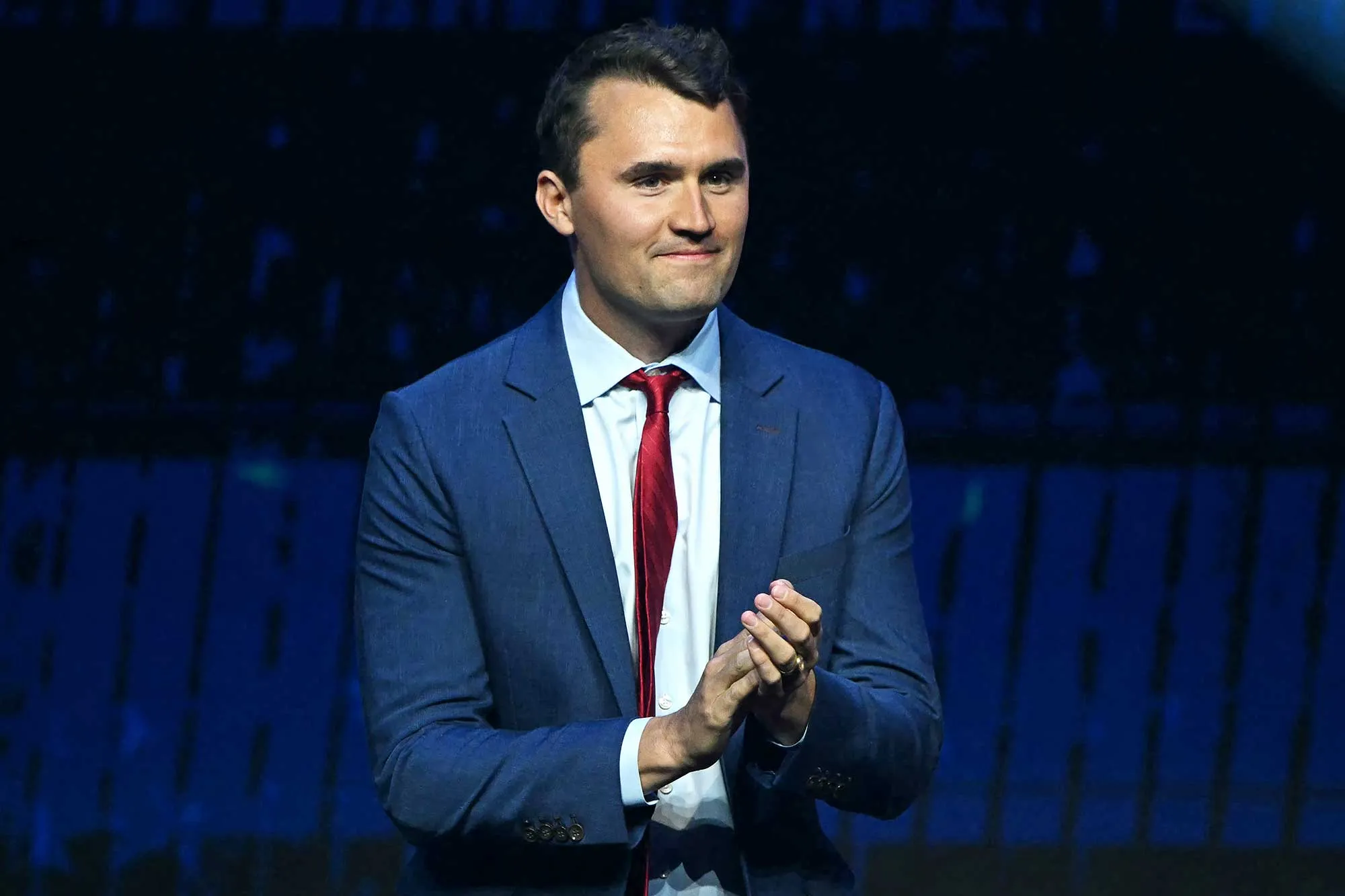
Throughout the five-hour event, Kirk was not simply mourned but mythologised — repeatedly described as a martyr and historic figure whose death would spark a “revival” of Christian nationalism and the MAGA movement. Stephen Miller told the crowd, “The day that Charlie died, the angels wept, but those tears have been turned into fire in our hearts.” Defense Secretary Pete Hegseth declared Kirk’s activism part of a “spiritual war.” The spectacle blurred the line between mourning and mobilisation, recasting grief as fuel for political combat.
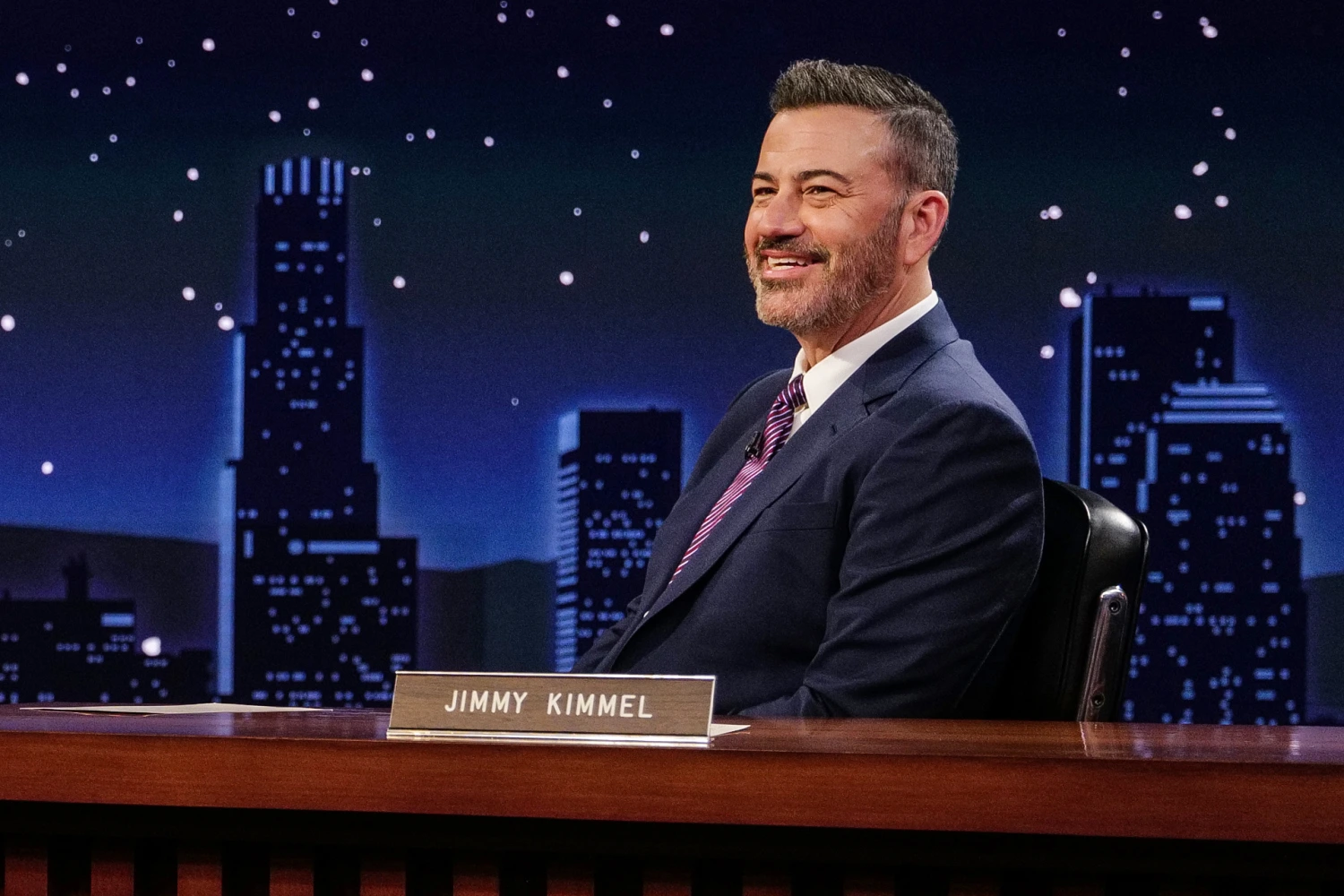
In stark contrast, comedian Jimmy Kimmel was suspended by ABC after making controversial remarks about Kirk’s death — a move that illustrates the glaring double standard in how free speech is policed. While conservative leaders capitalised on Kirk’s death to galvanise their base and monetise streams of the memorial, Kimmel’s dissenting commentary was deemed intolerable and censored. Trump himself attacked Kimmel by name during his memorial speech, labelling him and others in Hollywood as “major losers” who had “welcomed Kirk’s death.”
This juxtaposition highlights a troubling reality that tragedy on the “right” becomes an opportunity for political exploitation, canonisation and revival, while dissenting voices on the left face suspension, silencing and reputational damage. It underscores not just the selective enforcement of free speech in American public life, but the way grief itself has become a partisan battlefield.
When is it Classified as “Free Speech”?
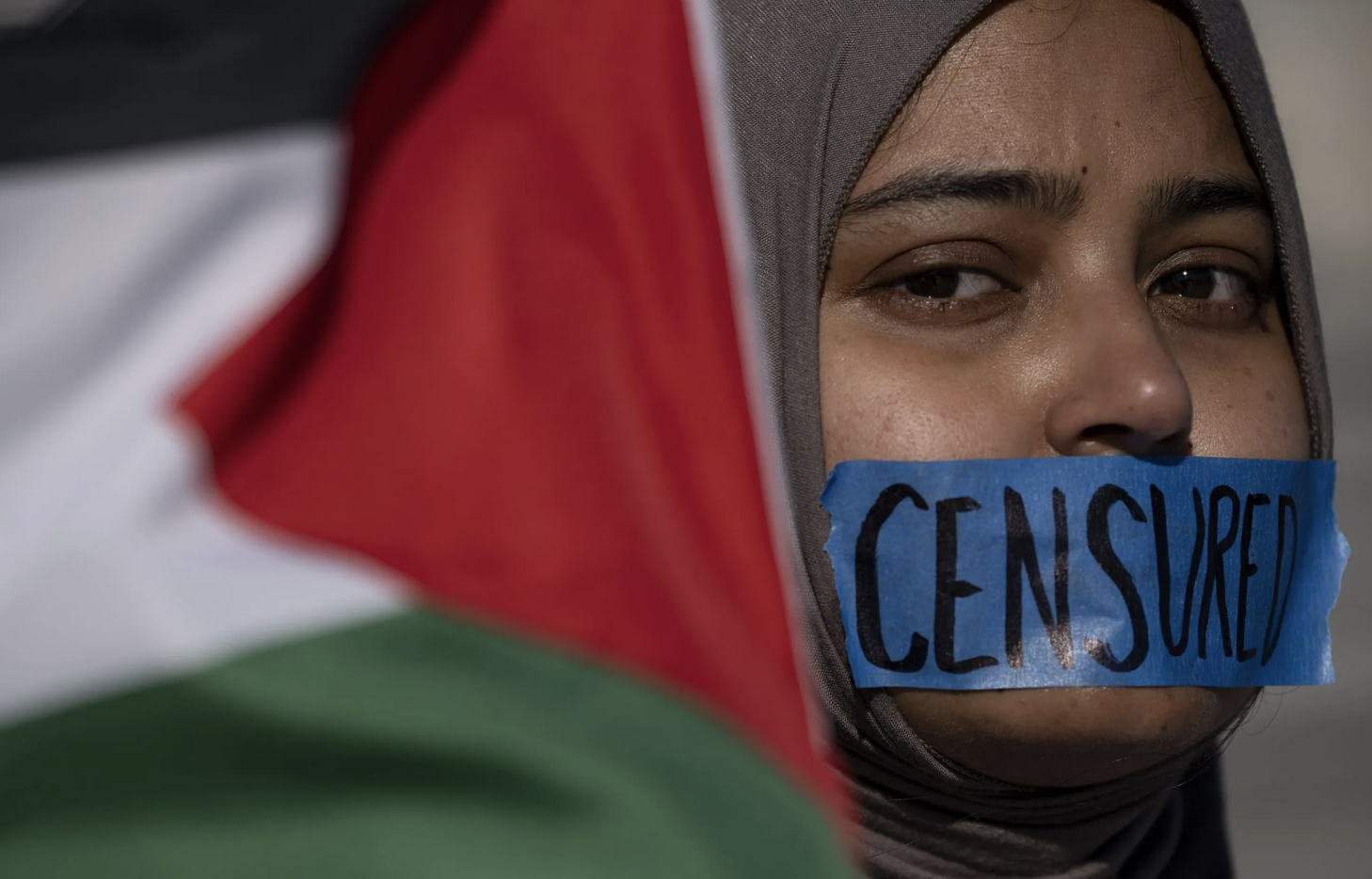
From student walkouts to global marches, pro-Palestine protests are frequently met with heavy policing, bans or accusations of “hate speech.” Meanwhile, right-wing rallies — even those spreading conspiracy theories or xenophobic rhetoric — are more likely to be protected under the banner of free expression. This demonstrates how protest is not judged by the act itself but by the political message it carries.
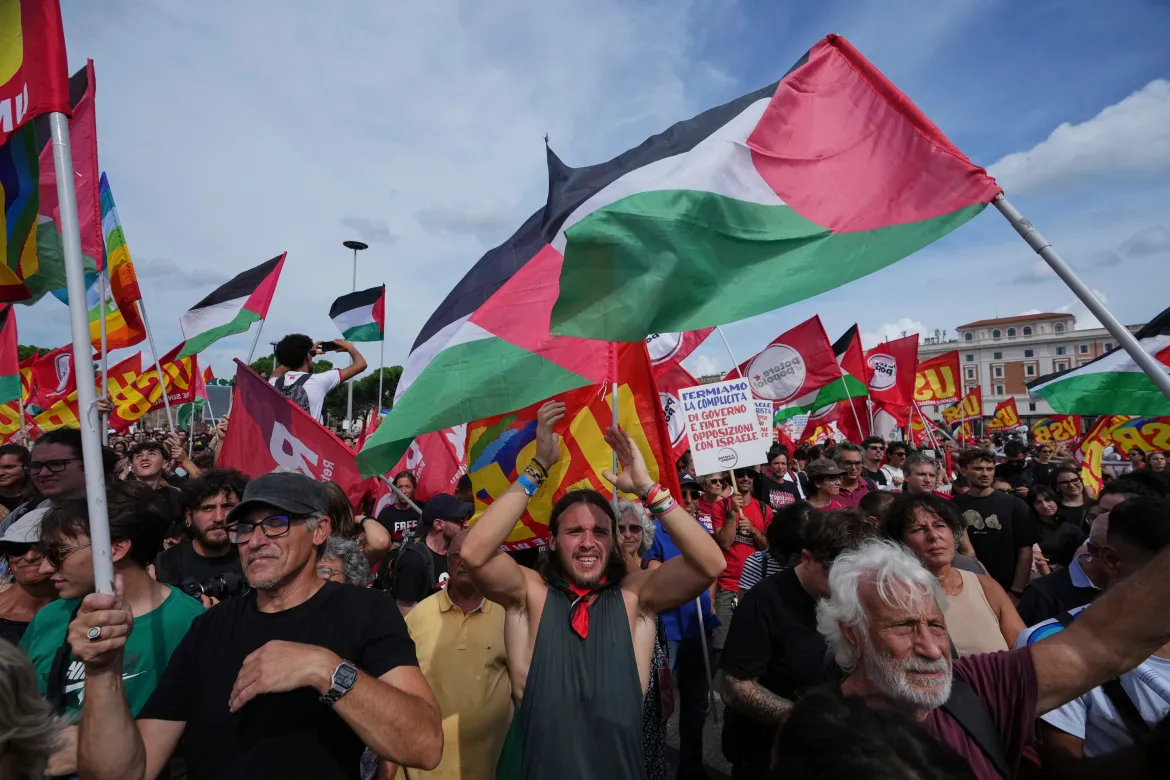
The contrast is especially visible in Europe. Just this week, tens of thousands of Italians joined a nationwide strike against Israel’s war in Gaza, with dockworkers blocking ports to stop arms shipments and students rallying in more than 75 municipalities. In Milan, clashes erupted as protesters waving Palestinian flags faced riot police, leaving more than 60 officers injured and over 10 demonstrators arrested. Prime Minister Giorgia Meloni condemned the unrest as “violence and destruction,” while protesters insisted they were acting in solidarity with Palestinians. The same day, a UN commission reiterated that Israel’s actions in Gaza amount to genocide — yet Italian authorities framed the mobilisation not as legitimate free expression, but as hooliganism.
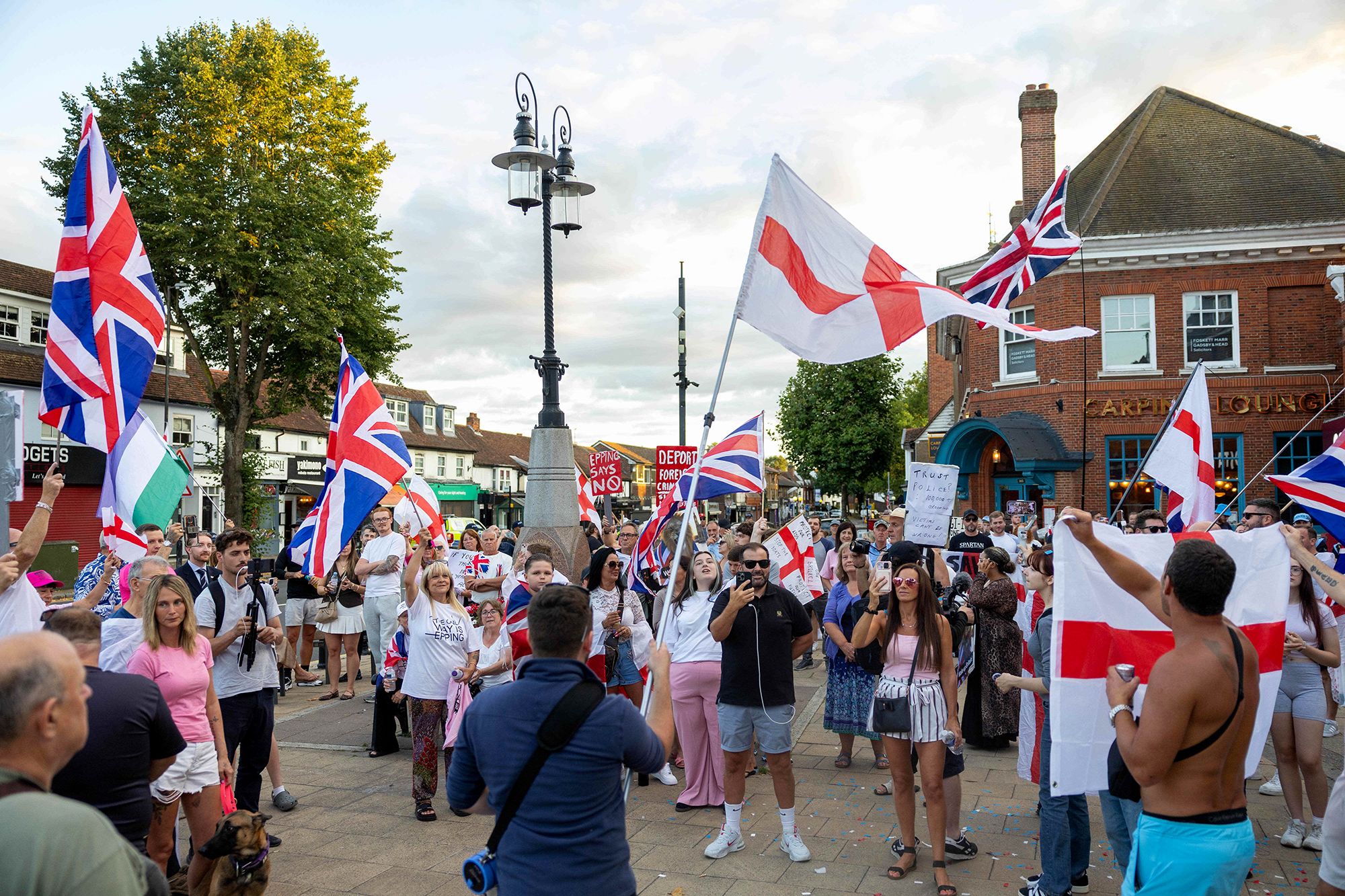
Far-right groups frame free speech as the right to say anything without consequence, often to shield hate speech or discriminatory rhetoric. The political left often ties speech to accountability, but is disproportionately punished when aligning with Palestine or other anti-establishment causes. The hypocrisy is stark: while Operation Raise the Colours has seen thousands of St George’s flags raised across England — a movement tied to nationalist sentiment and tolerated by councils despite its far-right undertones — Palestinian flags and solidarity protests are policed, censored or delegitimised. Against this backdrop, protests in Europe and the US are being cast as dangerous or disruptive, while nationalist displays at home are framed as “patriotic.”
The Hypocrisy of Cancel Culture in 2025
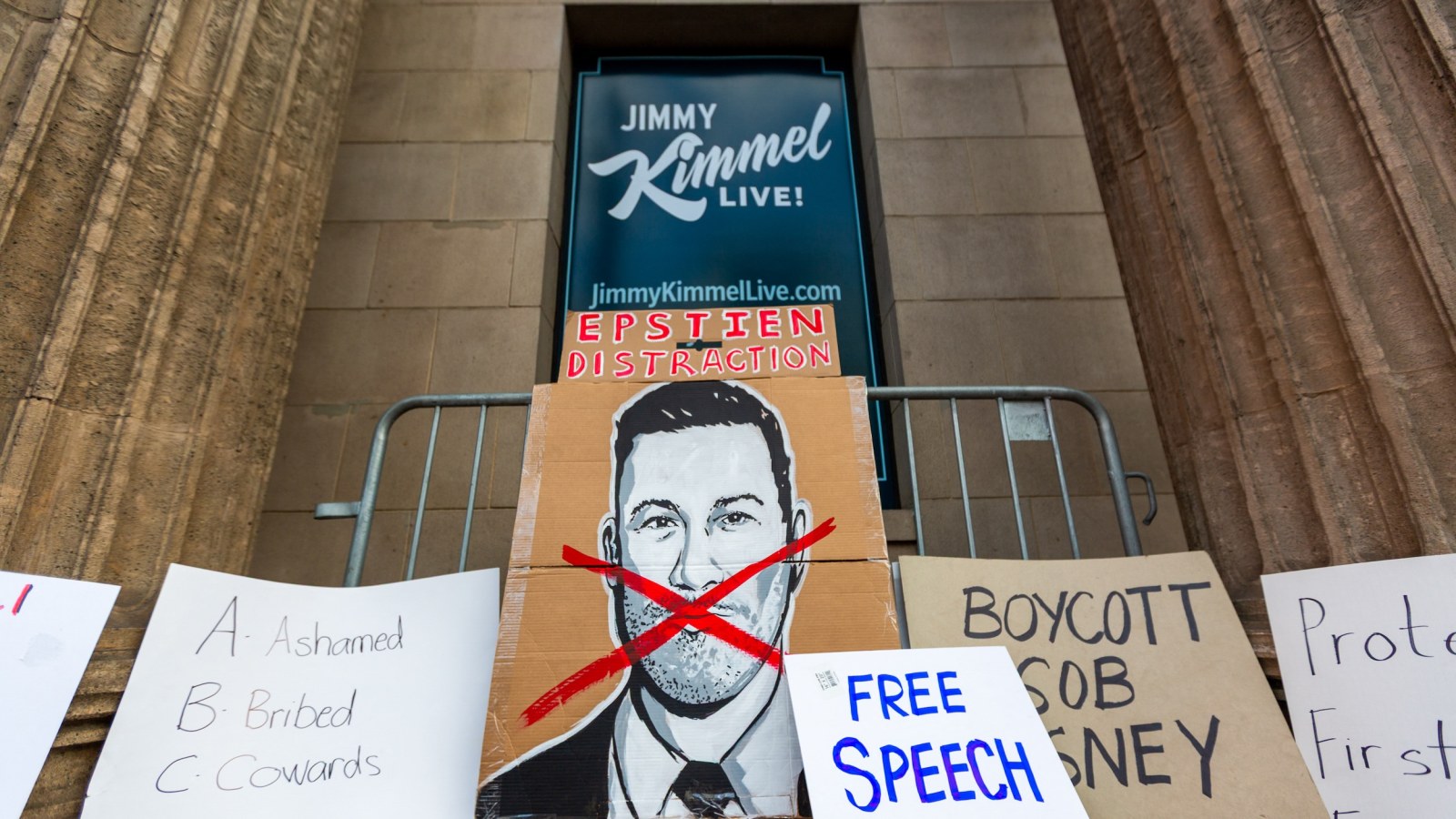
The hypocrisy of cancel culture is revealed in its selective enforcement. What counts as “protected speech” is too often determined by political alignment. Pro-Palestinian celebrities, artists and activists are swiftly censored, silenced or vilified, while those who exploit a tragedy such as Charlie Kirk’s death for political leverage face no comparable scrutiny. The principle of free speech is invoked loudly when it suits certain narratives, yet is withheld from voices demanding Palestinian liberation.
This inconsistency undermines the integrity of free expression. It forces us to ask whose voices are protected and whose pain is erased. Cultural works tied to Gaza — whether the “Together for Palestine” concert or Banksy’s interventions — are not exercises in profit or performance, but in solidarity, visibility and resistance. They aim to foster empathy and accountability. By contrast, cultural spectacles that turn personal tragedy into political distraction serve to consolidate power, not to open dialogue.
International politics mirror this double standard. Just this week, France joined the UK, Canada and Australia in recognising a Palestinian state, with President Emmanuel Macron declaring, “We can no longer wait.” At the UN, Antonio Guterres affirmed that Palestinian statehood is “a right and not a reward”. Yet this recognition comes after nearly two years of catastrophic humanitarian atrocities as tens of thousands of Palestinians killed, more than 100,000 injured and Gaza’s civilian infrastructure decimated. Recognition on paper does not equate to liberation on the ground, nor does it stop Israel from entrenching its occupation and continued annexations in the West Bank.
The cultural and political hypocrisy is clear that Palestinians are told to wait for justice, to mute their outrage, to accept symbolic victories while enduring daily violence. Meanwhile, free speech is weaponised and withheld depending on who speaks. Do not be distracted. Jimmy Kimmel’s reinstatement to ABC — alongside the silence imposed on pro-Palestinian voices — underscores the problem: free speech cannot be conditional. If society claims to value open expression, it must apply it consistently — especially to those resisting oppression. Anything less is not democracy, but managed discourse designed to suppress the very voices that most need to be heard.
For more on the latest culture reads and opinion pieces, click here.
The post Do Free Speech and Moral Accountability Still Exist in Today’s Hyperconnected World? appeared first on LUXUO.


